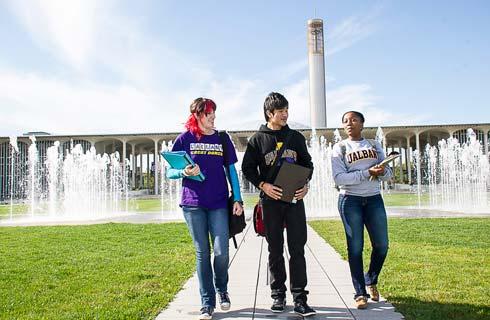国际学生入学条件
The documents including (academic transcripts, ECE, and proof of identity).A detailed research proposal that shows you are familiar with current literature surrounding your topic.International Baccalaureate: IB Diploma with a minimum of 24 points.GCE Advanced Levels: minimum grade of 8. Satisfactory completion of one year's study at an approved tertiary institution.You must provide scanned copies of your previous official academic transcripts (awards gained, marks, grades) with your application.
展开
IDP—雅思考试联合主办方

雅思考试总分
6.0
- 雅思总分:6
- 托福网考总分:80
- 托福笔试总分:160
- 其他语言考试:Pearson Test of English (PTE) Academic - Overall score of 50 with no communicative skills score below 42.
CRICOS代码:
申请截止日期: 请与IDP联系 以获取详细信息。
课程简介
Archaeology seeks to understand earlier human societies and cultures through the study of material evidence from the past. This evidence can include assemblages of portable artefacts such as stone tools, larger monumental structures like Mayan temples, and entire human-modified landscapes. Archaeologists generate data through fieldwork and excavation, and use both laboratory science and interpretive theory to study that data. Archaeology is essentially a humanities discipline, since it studies human societies and their history – but it draws on a range of other fields, particularly from the sciencesThe study of Archaeology will broaden your understanding of the development of human society and culture. At Otago you will learn about the methods and findings that have led archaeologists to understand how and why complex societies emerged throughout the world.Otago courses provide a unique 50,000 year perspective on early human colonisation and cultural change in Asia and the Pacific. Students gain novel insights into human social and material environments and interactions in the past.In most modern countries some and occasionally all archaeological sites are protected under law from modification. Government agencies responsible for archaeological site protection may employ archaeologists to help manage sites, or to respond to applications to modify sites for development or research purposes.In New Zealand some archaeologists are employed by Heritage New Zealand, the national agency responsible for site protection. Such archaeologists may process applications to modify sites and otherwise work to promote the identification, understanding and protection of archaeological places and areas.Local authorities are increasingly assuming greater responsibilities for archaeological heritage in New Zealand and overseas, and may offer archaeological employment. Public museums may also employ archaeologists as curators, or for specific conservation purposes and research.Many archaeologists work in a private consulting capacity, offering services and advice to local and national government and other public institutions. They may also be contracted to carry out investigations required during development work, or to advise on the management and care of particular sites and artefacts.Archaeological skills and knowledge contribute usefully to other professions such as planning, surveying, museum management, history and tourism.
展开







 预科
预科 奖学金
奖学金 实习机会
实习机会 在校学习
在校学习 跨境学习
跨境学习 校园授课-线上开始
校园授课-线上开始 在线/远程学习
在线/远程学习


 澳大利亚国立大学
澳大利亚国立大学

 澳大利亚国立大学
澳大利亚国立大学

 纽卡斯尔大学
纽卡斯尔大学

 斯威本科技大学
斯威本科技大学

 乐卓博大学
乐卓博大学

 南十字星大学
南十字星大学









 新西兰
新西兰





